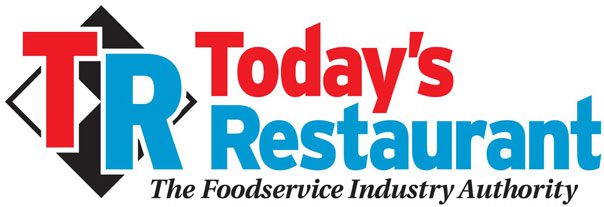
In the face of coronavirus disruption stay the course as much as possible
By Craig Ganz
While many industries will inevitably feel the sting of disruption stemming from COVID-19, restaurants are on the front lines of this pandemic. As consumers hunker down in their homes, demand is plummeting, the loss of income is threatening liquidity, and the debt obligations linger with an ominous eye. The National Restaurant Association estimates that in the next three months, the restaurant industry will face a $225 billion loss and shed as many as 7 million jobs. To put this into perspective, the economy was considered to be at “full employment” just two short weeks ago.
Craig Ganz, a litigation partner in the Phoenix office of the national law firm of Ballard Spahr, has handled many matters on behalf of REITs and private equity groups as they relate to prominent restaurants that have fallen on hard times.
“Disruption due to COVID-19 is perhaps the worst single event that could have happened to the restaurant industry, and it’s happening at what might be the worst time,” Mr. Ganz said. “Rising labor costs and an increase in competition outweighed the increase in foot traffic many restaurants saw over the past few years. As a result, the industry is susceptible to even minor headwinds.”
While every individual situation is different, Mr. Ganz pointed out three things restaurant owners will want to keep in mind should they find themselves facing drastic circumstances.
Open lines of communication: If your restaurant is facing trouble, it’s important to talk about that with your landlord, staff, and creditors. No one likes admitting vulnerability, but silence doesn’t help anything. “When a potential issue is known, it’s easier to look for a solution,” Mr. Ganz said. “It’s a hard thing to discuss, but some degree of openness can really help.” Mr. Ganz further elaborated that in the context of communications with your landlord “the time to have these discussions is not the day before month end, or two weeks after rent is due, instead these conversations need to occur early on so that you and your landlord have the ability to construct a workable and mutually beneficial plan.”
Honor your commitments: “One of the worst things a restaurant could do is just unilaterally stop delivering on its contractual obligations,” said Mr. Ganz. “I know some restaurant owners might think that’s an option, given the disruption we’re facing, but it will only make a bad situation far worse.” Further Ganz said “simply turning off your ACH is about the worst idea possible, because it puts you in an immediate adversarial relationship with your landlord, who should be your ally and partner through these bumps in the road.” Alternatively, Ganz suggests “coming to your landlord with a plan based on financial data that it can review and understand.” Ganz believes that “if you were at a 2-1, 3-1, or even 4-1 lease-coverage-ratio pre-virus, and you operate a chain of major drug stores, the landlord may view this request for rent abatement as more opportunistic than necessary. However, if you are a movie theater, a gym, or a mom-and-pop QSR, or in a situation where you have laid off the majority of your staff, than in these instances the landlord is likely to work with you.”
Ask for help if you need it: Disruption from COVID-19 has changed things so dramatically and so quickly that even restaurant industry veterans might find themselves unsure of what to do. If you’re in a similar situation, asking for help is nothing to fear.
Ultimately, remember that a process exists for times like these, even if things seem very uncertain. “I’ve noticed that the lack of clarity parties perceive about their own circumstances is what causes a lot of worry,” Mr. Ganz said. “Working through things and getting a sense of what the path forward may look like often brings a sense of relief.”
Craig Ganz is a Litigation Partner in the Phoenix office of Ballard Spahr. The information provided in this article does not, and is not intended to, constitute legal advice or create an attorney-client relationship. Instead, all information, content, and materials are for general informational purposes only.




Recent Comments